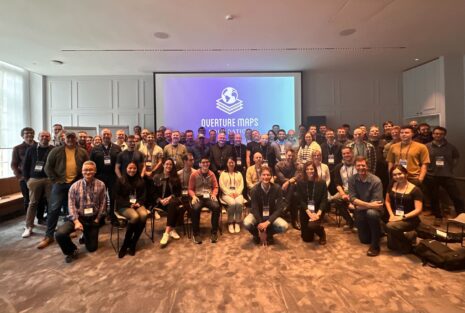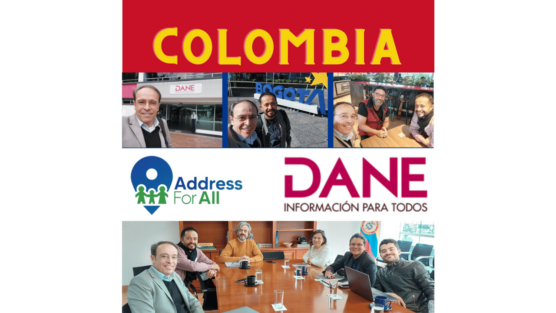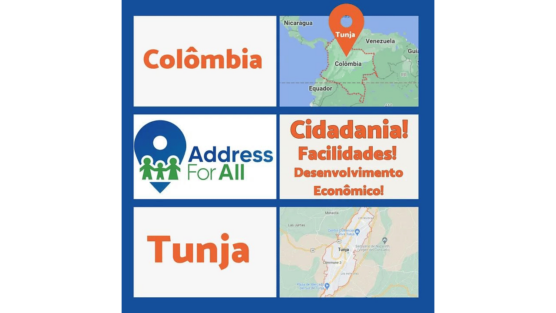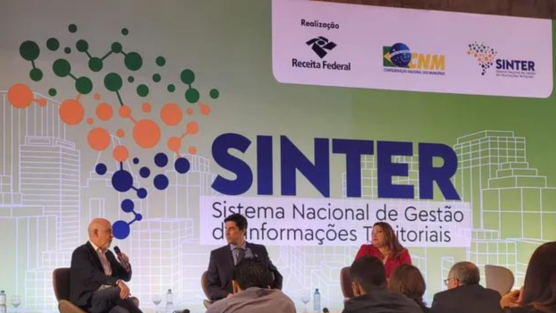The webinar we organized in partnership with MundoGeo and CEPAL (UN) was a success: “Unique and Open Address Databases: A Step Towards National Efficiency.”
With over 300 experts attending, the event confirmed the strong interest in addresses and their management across Latin America.
The following international specialists presented concrete cases of address database implementation projects, which are essential for national development:
🔸 Rolando Ocampo – Director of the Statistics Division at CEPAL/UN, was represented by Alvaro Monnett, who highlighted the importance of addresses for countries and statistical institutions. He explained that the “Global Statistical Geospatial Framework” (GSGF) includes, in its Principle 1, the recommendation for National Statistics Institutes to publish addresses, as these can be structured separately from personal data.
🔸 Jules Saur – Head of the Local Address Program in France, presented the evolution of the project since its inception in 2014. He explained the project’s architecture, which focuses on simplicity so that small municipalities can update address data without requiring GIS specialists. A very simple open-source web application was developed, allowing small municipalities to reposition address points and update their attributes. The resulting database can be exported in a CSV file, the simplest format to handle. The update of the Base Adresse Nationale (BAN) is then done through an API, which can also be accessed directly by larger municipalities or regions using advanced GIS tools. Jules explained that the law regulating the project was published in February 2022, eight years after the project was launched. Today, the project is the subject of numerous explanatory webinars, and 68% of France’s 35,000 municipalities have already connected to it.
🔸 Pablo Brugnoni – Technical Coordinator of the Spatial Data Infrastructure at the Uruguayan Presidency (Uruguay’s Unique Address System), explained how the project was launched in 2017 by IDE Uruguay, the Uruguayan Post Office, the National Statistics Institute, and the National Energy Company. Various technologies were developed for updating addresses because multiple actors can participate in this process. Pablo explained that the presidential decree regulating the “Sistema Único de Direcciones de Uruguay” was published in May 2022, five years after the project began.
🔸 Sofía Nilo – Director of Spatial Data Infrastructure in Chile and President of UN-GGIM Americas (“Mesa Callejero” Project), explained how Chile began addressing this issue by forming a working group called “Ejes Viales”, which started with data from 63 municipalities. In 2020, the first geocoder was implemented. In 2023, the “Mesa Callejeros” project was created, and in 2024, public funds were requested to develop a web-based address management platform, which is expected to be built in 2025. The project’s key members include Correos de Chile, INE, SII, GOB Digital, MDSF, and SERVEL. By 2026, the development of an editor tool for municipalities is planned. Chile is also planning further initiatives for project governance and dissemination, which may be formalized through a law or decree.
🔹 Thierry Jean – President of the AddressForAll Institute, moderated the webinar and provided a valuable summary of the main challenges of these projects between minutes 48:39 and 54:37.🔗 Watch the full webinar here: https://www.youtube.com/live/oNizYdzDoT4?si=Qm13s576Qs-iRhUz

Thierry intervenes in the World Statistics Congress in The Hague (Netherlands)
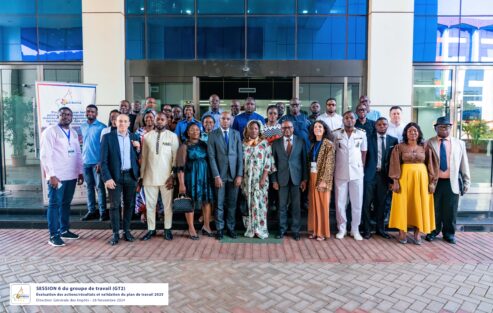
Delivering the BANOC Codes: A Landmark for Open Addressing in Cameroun
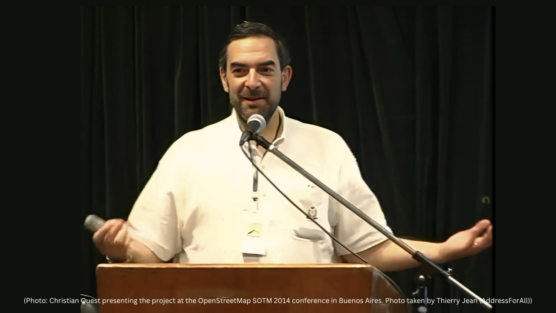
10 Years of BAN (Base Adresse Nationale): A Revolution in Address Management in France

Overture Maps Foundation Releases General Availability of its Open Maps Datasets
Hey how's it going?
Can you write your comments here?



